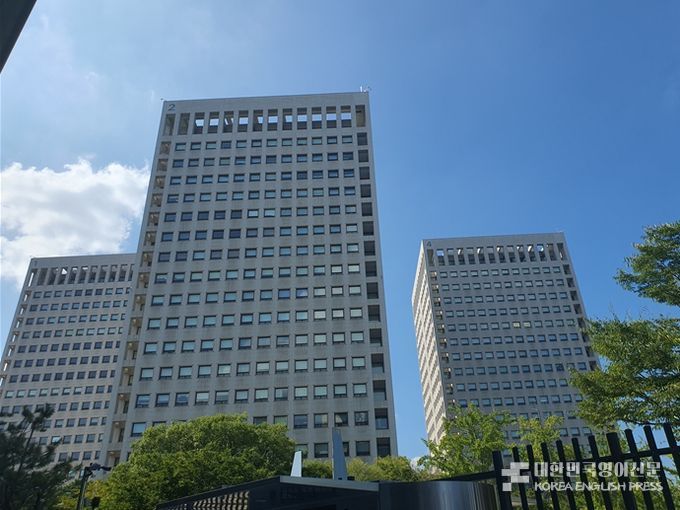
The Korean Intellectual Property Office announced on Feb. 19 that it will newly designate the fields of bio, advanced robotics, and artificial intelligence as priority examination targets following the fields of semiconductors, displays, and secondary batteries, and will also redesignate the field of secondary batteries by expanding the scope of application.
The prioritized examination of carbon-neutral green technologies will also be expanded to include national strategic technologies and renewable energy fields in addition to the existing carbon dioxide capture technology. The prioritized examination will be greatly expanded to support Korean companies in securing rights quickly.
Since 2022, the KIPO has been prioritizing applications related to advanced technologies that are directly related to the national economy and national competitiveness. Following semiconductors (since November 2022), displays (since November 2023), and rechargeable batteries (since February 2024), the KIPO will designate bio, advanced robotics, and artificial intelligence as new priority examination fields from February 19th. As a result, all four national high-tech strategic industries will be subject to prioritized screening.
The designated priority examination targets are applications directly related to bio, advanced robotics, and artificial intelligence technologies, with the relevant patent classification (CPC) as the main classification, and are submitted by domestic production or production preparation companies, results of national research and development projects, or specialized universities.
The priority examination in the field of secondary batteries will also be redesignated by expanding the scope of application as the designation period expires. The priority examination for secondary batteries is for applications directly related to secondary battery materials, components, equipment, manufacturing or design, performance inspection and evaluation, control management (BMS), or recycling technologies, and is for domestic production or preparation for production, the results of national R&D projects, or applications from specialized universities.
The priority screening, currently limited to carbon dioxide capture, transportation, and storage technologies to reduce greenhouse gas emissions, will be greatly expanded to include carbon-neutral green technologies such as next-generation nuclear power and renewable energy technologies. Specifically, the fields related to national strategic technologies such as hydrogen and ammonia, next-generation nuclear energy (small modular reactors (SMRs), high-level radioactive waste management, etc. Patent applications with a carbon-neutral green technology patent classification related to these technologies will be prioritized.
As part of the proactive measures, we will simplify the procedures and requirements for prioritization applications to make it easier for Korean companies to access prioritization. First, we have removed the requirement for self-supported prior art research, which was a major burden for companies applying for prioritization due to its complexity and lengthy requirements.
We are also easing the application requirements for the most common type of prioritization (32.6% of all applications as of December 2024). Previously, it was necessary to submit a business license to prove that the company had conducted or was preparing to conduct the project, but from now on, it will be possible to submit a technology transfer agreement. In particular, universities and public research institutes are expected to be able to prove that they are preparing for implementation with only a technology transfer agreement, making it easier to use priority examination.
“In the era of rapidly changing technological competition, securing rights quickly is of utmost importance,” said Kim Wan-ki, head of the KIPO, ”and the KIPO will continue to seek ways to support domestic companies to lead innovation in high-tech strategic industries and carbon neutrality.”
[News Source: Korean Intellectual Property Office]























